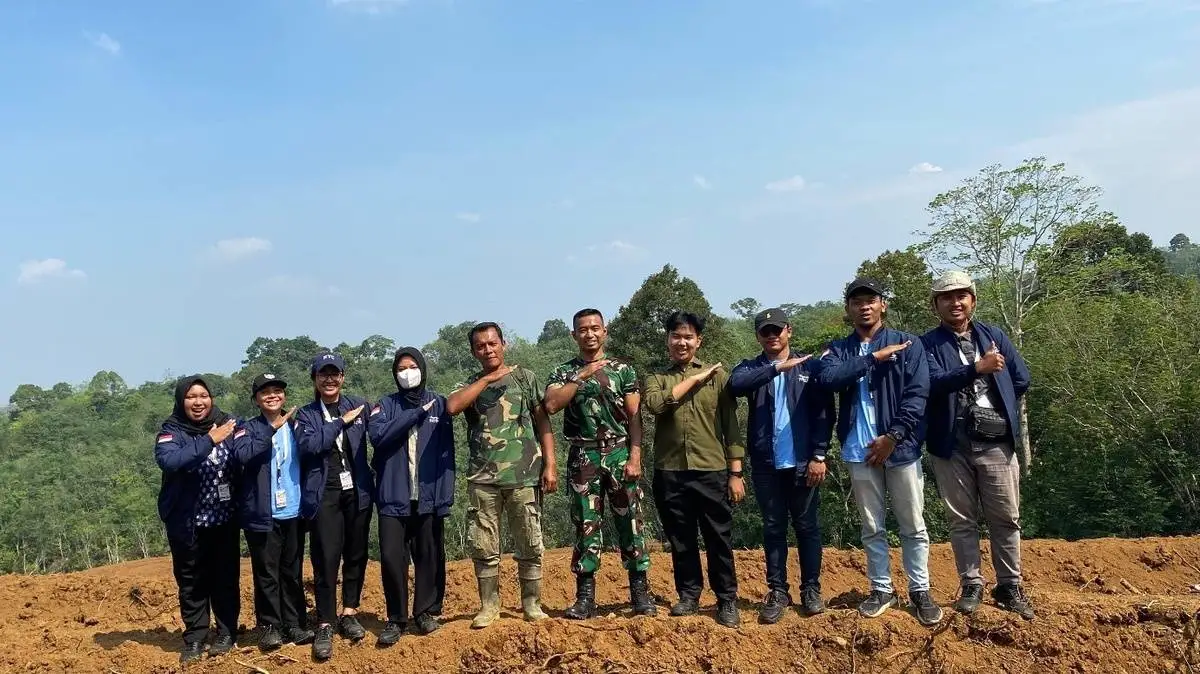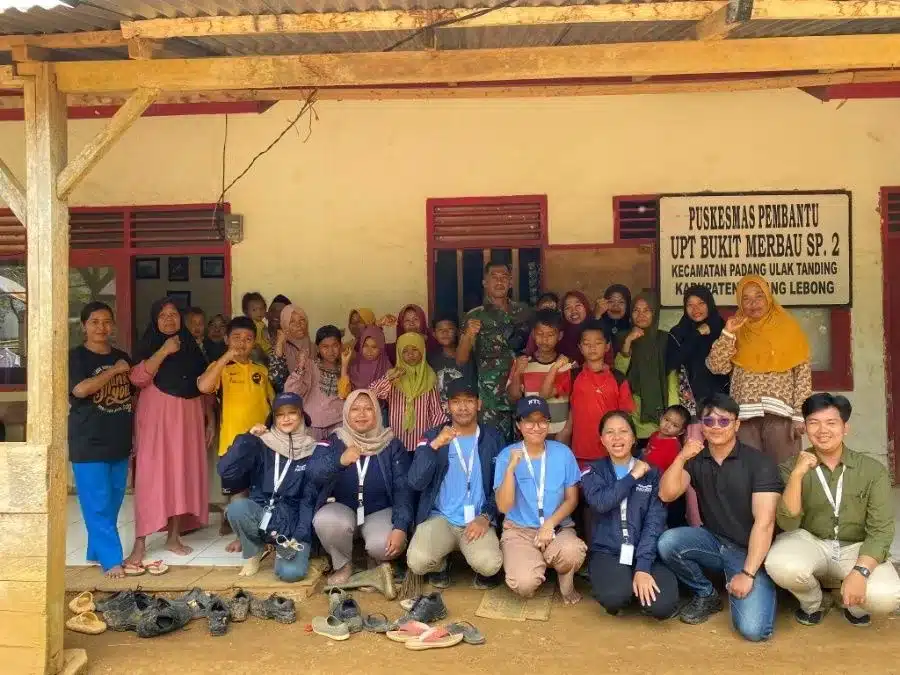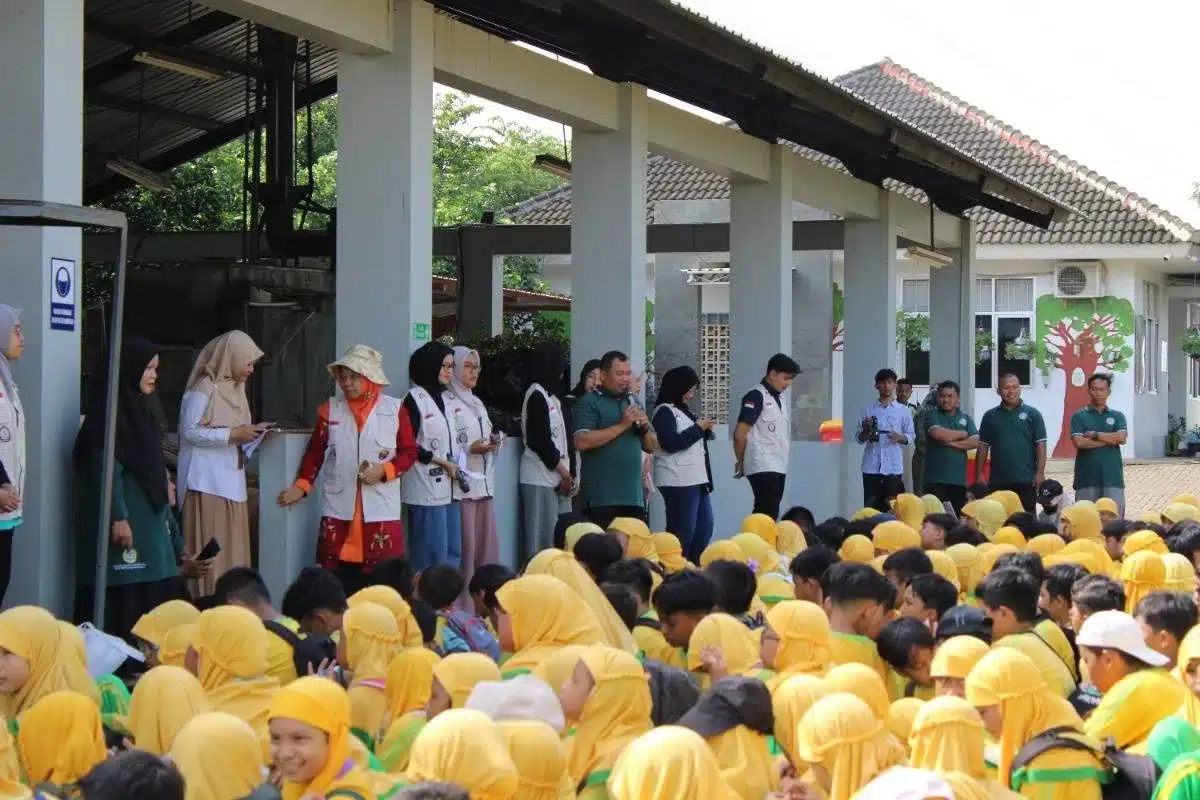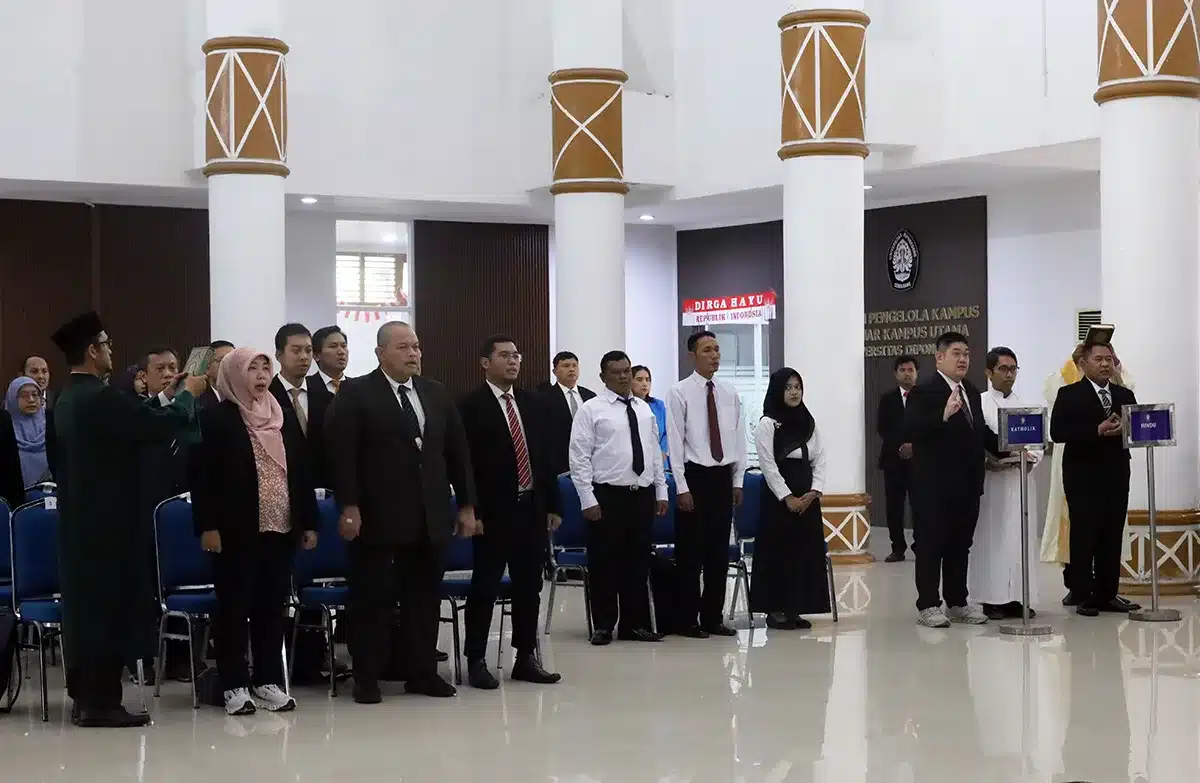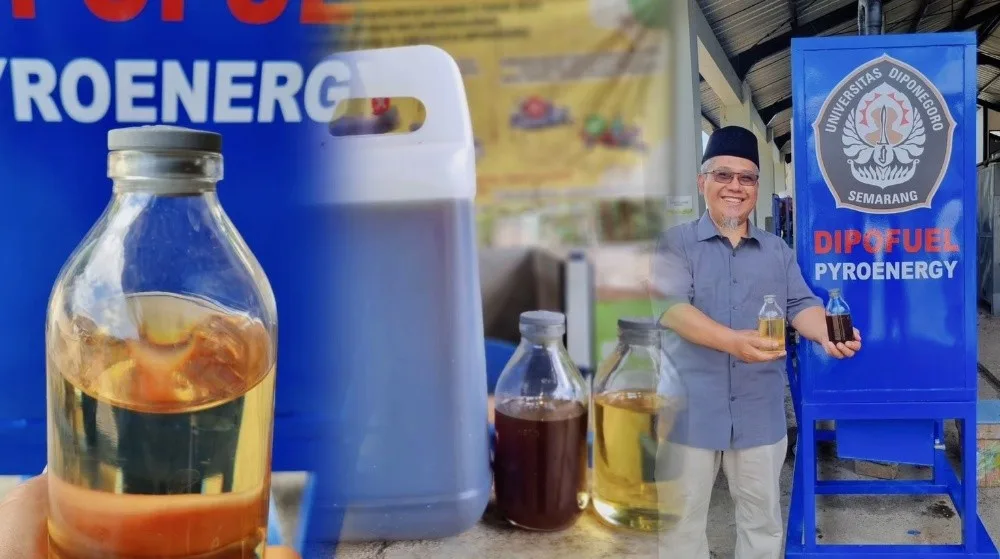The Diponegoro University Academic Senate held a Plenary Meeting of the Academic Senate Professor Board (SA) online via Microsoft Teams through the Undip SSO application on Thursday 11 June 2020 at 10:00 WIB at the Undip SA-MWA Meeting Room, with the agenda of presentation of 4 (four) prospective professors as follows:
- Dr. Dra. Meiny Suzery, M.S., from the Faculty of Science and Mathematics
- Dr. Muhammad Cholid Djunaidi, S.Sc., M.Sc., from the Faculty of Science and Mathematics
- Dr. Agus Subagio, S.Sc., M.Sc., from the Faculty of Science and Mathematics
- Dr. Suryono, S.Sc., M.Sc., from the Faculty of Science and Mathematics
The Head of Undip Academic Senate, Prof. Dr. Ir. Sunarso, M.S, during his speech, said that “this is the umpteenth time of professors presentation. From now until June, there are 15 prospective professors who will present their scientific papers, the four prospective professors today are lecturers from FSM” said Prof. Sunarso. Prof. Narso hopes that the presentations to the four prospective professors may run without any issue.
Dr. Dra. Meiny Suzery, M.S, in her presentation raised the scientific title, “Hyptis Pectinata Poit Plant as a Model of Development of Organic Chemistry of Natural Ingredients”. Meiny said that plants of the Lamiaceae species, such as Hyptis pectinata, Hyptis urticoides and Hyptis suaveolens, have been reported to function as analgesics, anti-inflammatory, antinosiceptive, antidematogenic, anti-microbial and anti-cancer properties.
Reviewed from molecular science, a strong knowledge about the presence and amounts of bioactive compounds from natural materials has an important role considering the activity (benefits) and safety (toxicity), as well as the mechanism of action of natural drug medicines can be easily found or predicted ” she said.
Followed with the presentation from Dr. Cholid entitled “Separation and Selective Analysis for Time and Cost Efficiency Using Eugenol Basic Materials”. Dr. Cholid said that chemical separation is a robust part in both industry and the environment. Fifty percent of industry time and costs are spent on chemical separation. Even if we are able to separate waste pollutants, it is also believed to be able to provide a valuable primary source. This can be done if we have smart materials and selective separation methods for the target ions / molecules. Several methods have been offered including Imprinted Molecules / ion or liquid membrane. The imprinted technology / method is able to selectively identify target ions / molecules compared to interference despite the fact that they have similar structure / shape, content and chemical properties. After that, the presentation was continued by Dr. Agus Subagio and Dr. Suryono.


